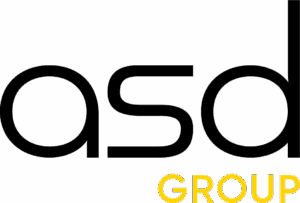On 27 July 2025, the European Union and the United States reached a last-minute strategic compromise, averting an unprecedented tariff escalation between the two blocs. While Washington threatened to apply customs duties of 30% on all European imports from 1 August, an agreement was reached to cap these duties at 15%.
The agreement in brief:
Customs duties
A single tariff of 15% will be applied to all European imports to the United States. This tariff affects several strategic sectors, including :
- Motor
- The pharmaceutical industry
- Semiconductors
Sectoral exemptions
Certain products considered strategic will be partially or totally exempt from these new duties:
- Aeronautics
- Certain specific chemicals
- Agricultural products targeted
- Critical raw materials
Cross-investment
The agreement is also accompanied by structural economic measures:
- The European Union is committed to buying US$750 billion worth of US hydrocarbons over three years.
- European companies will invest US$600 billion in the US economy, mainly in infrastructure and green technologies.
- Arms purchases by several EU Member States are currently being negotiated.
Impact on businesses: points to watch out for
Reorganisation of supply chains
The new 15% duties will have an impact on the cost of American imports. It is imperative for European companies to reassess their logistics strategies, incorporating this new customs parameter into their supply plans.
End of automatic exemptions
Even if certain sectors benefit from exemptions, the definitive list has yet to be confirmed. Exporters should keep a particularly close eye on developments concerning the following products:
- Wines and spirits
- Medical devices
- Sensitive technologies (e.g. AI, electronic components)
Persistent legal uncertainty
It should be noted that this agreement remains at this preliminary stage. It has no binding force until it is ratified by both parties. There will therefore be a transitional period, with a high customs risk for companies involved in transatlantic trade.
Our experts are here to help you assess the risks, adjust your import/export strategies and secure your international operations.
Contact us to anticipate the next steps in the ratification process and adapt your administrative procedures.



